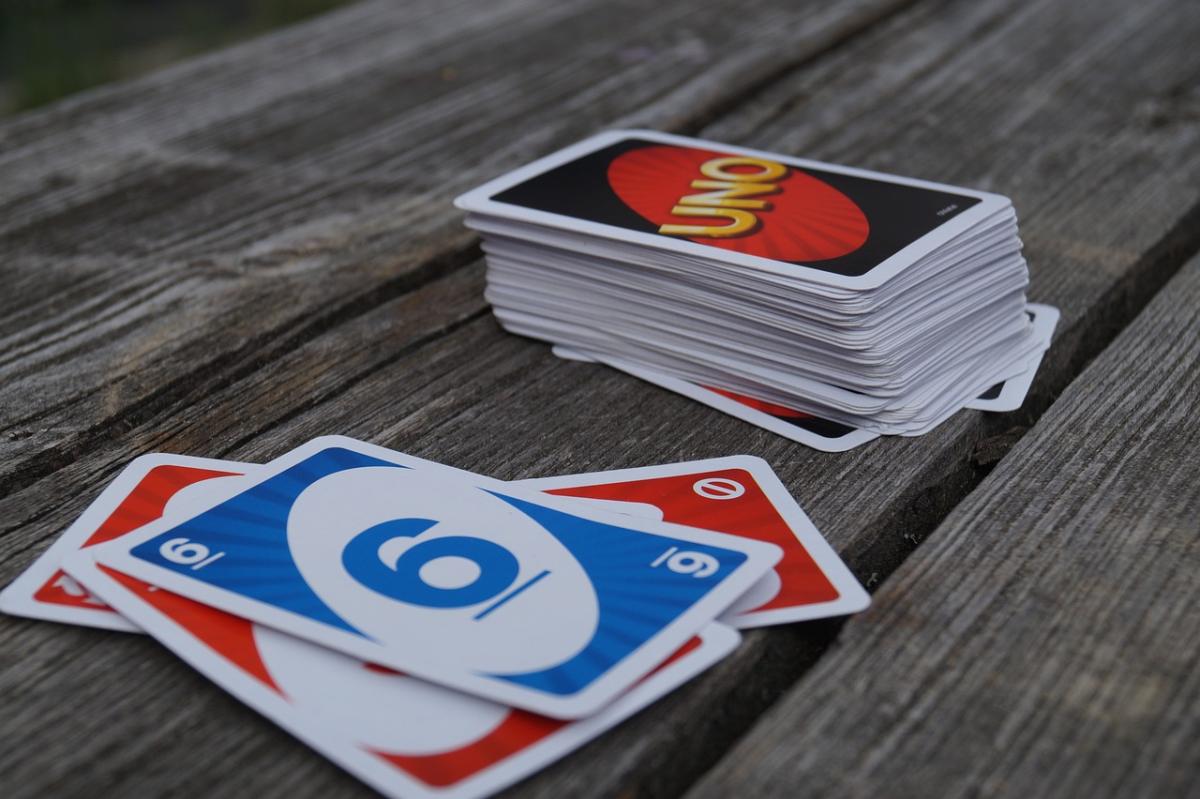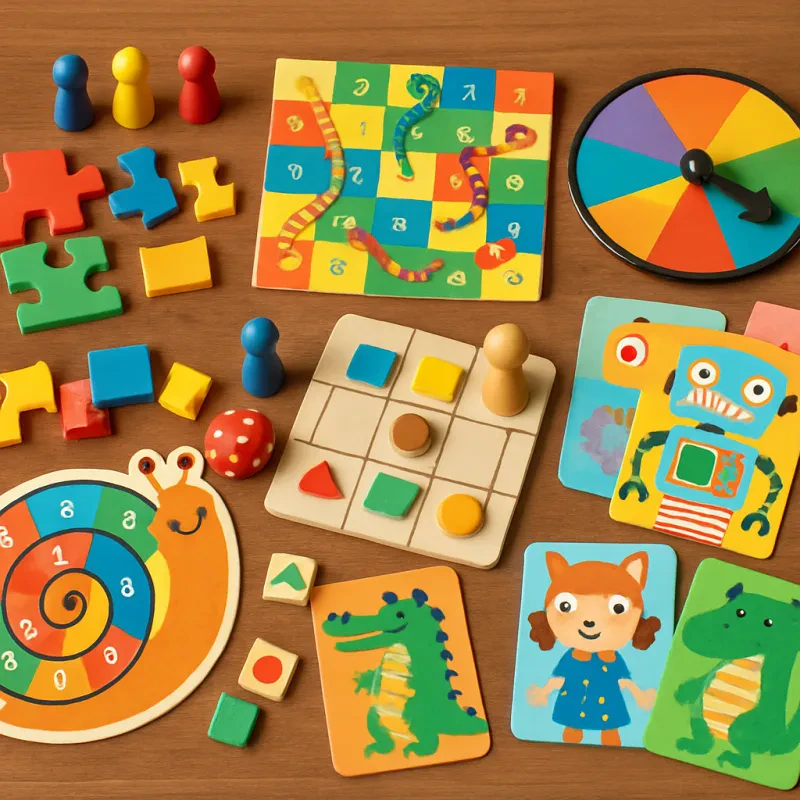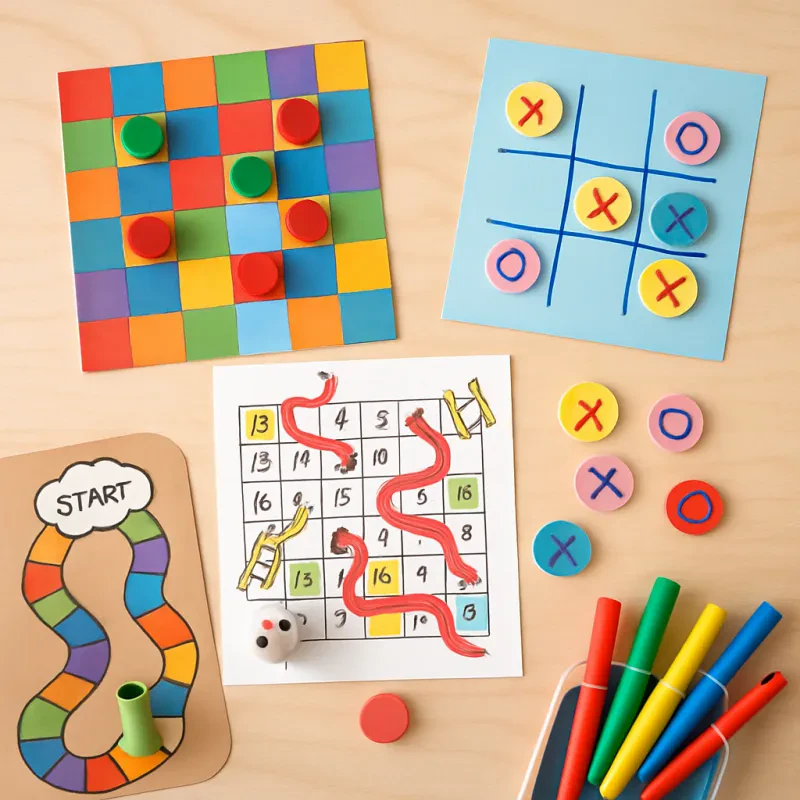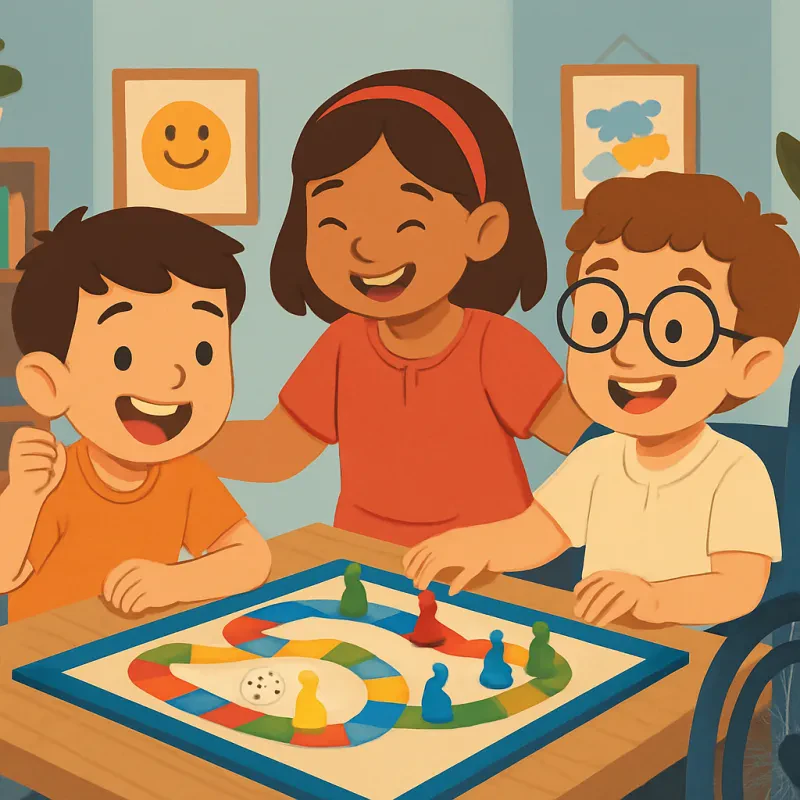Many people categorize games based on their physical components. Since card games don’t have that traditional board setup, they often get pushed to the side. However, both types of games share a common goal: they bring people together for entertainment, strategy, and enjoyment. It’s all about how you define your game night!
Some games blur the lines between card games and board games. Take the game "Magic: The Gathering" for example. It features a card game aspect, but players often use specialized boards or play mats. Then there are games like "Gloom" or "Munchkin," which also include board elements to enhance gameplay. So, who gets to decide what fits in which category?
Ultimately, it boils down to personal preference and the experience you’re looking for. Whether you love shuffling cards or moving pieces around a board, both have their unique charm. So grab your friends, shuffle those cards, and roll the dice—whatever you choose, the important part is having a blast together!
Understanding the Differences Between the Two
When we talk about board games and card games, it’s easy to think they’re pretty much the same thing. But they have some key differences that make each experience unique. Let’s break it down in an easy-to-understand way.
First off, board games usually have a physical board where most of the action takes place. You might move pieces around, roll dice, or follow paths to win the game. The board is often the heart of the game, setting the stage for the entire experience. Popular examples include classics like Monopoly and Settlers of Catan, where that colorful board is essential.
On the flip side, card games focus heavily on the cards themselves. The gameplay revolves around drawing, playing, and discarding cards. While some card games may have a board (think of games like Gloomhaven), they typically don’t need one to play. Games like Uno or Poker show just how engaging card games can be, relying on strategy and the cards in your hand.
Another difference is in the variety of gameplay. Board games often incorporate more complex rules and setups, inviting players into a rich storytelling experience. Card games, however, can be quicker and may offer a more casual feel, making them a great option for a quick game night.
So, while they both offer fun ways to connect with friends and family, the main distinction lies in their core components and gameplay styles. Whether you’re a board game enthusiast or a card game lover, there’s a world of varying experiences waiting for you out there!
Popular Card Games That Feel Like Board Games
When you think of board games, you might picture a big box filled with pieces, dice, and a colorful board. But did you know there are plenty of card games that bring that same cozy vibe and depth of strategy you'd find in a classic board game? Here are some popular card games that have a board game feel, making them great for family game nights or to challenge your friends!
1. Gloomhaven: Jaws of the Lion
While Gloomhaven is often seen as a massive board game, the card-driven gameplay gives it a unique twist. Players all have their own decks of ability cards, which allows for deep strategic choices. It combines adventure and exploration, making it feel much like you're playing a board game, even though it primarily uses cards. If you love RPGs, this one's for you!
2. Race for the Galaxy
This card game is all about building a civilization in space, and the best part is that it doesn’t require a board! Players use cards to develop their planets and constructs, racing against each other to gather resources and earn points. The gameplay can change from one round to the next, keeping you on your toes and making each session feel fresh.
3. Ark Nova
If you’re a fan of strategic gameplay, Ark Nova should be on your radar. In this game, you construct a zoo using cards that represent various animals, enclosures, and special abilities. It has a board game feel due to the intricate planning involved, and you have to think ahead about how your cards interact with each other. Plus, who doesn’t love adorable animals?
4. Seven Wonders
Seven Wonders combines card drafting and strategy in a way that mimics building an empire. Players collect cards over three ages, aiming to build cities, military might, and wonders. It feels like a board game because it involves complex decisions and interactions with other players, but it stays fast-paced and easy to learn. Perfect for both newcomers and seasoned gamers!
Why People Love Both Game Types
When it comes to game night, both card games and board games have a special place in our hearts. Each type brings its own flavor, but the love for either can be easily understood. For many, it all boils down to the social aspect. Card games tend to be more portable, making it super easy to whip them out at a party or even during a casual hangout. They often encourage laughter, banter, and a bit of friendly competition.
On the flip side, board games offer a rich experience with immersive themes and strategic depth. The tactile feel of organizing pieces on a board or rolling dice can be incredibly satisfying. They often cater to those who enjoy diving deep into mechanics and strategizing with friends. There’s something magical about the narrative that unfolds as you play, drawing everyone into the story together.
Another reason both types are beloved is their versatility. Card games can range from quick, silly fun like Uno to complex strategy games like Magic: The Gathering. Likewise, board games can swing from light-hearted, family-friendly options to intense, thought-provoking experiences like Settlers of Catan. This variety means there’s something for everyone, regardless of age or skill level.
Lastly, both card games and board games have a strong community around them. Players share their favorite games, swap tips, and even create custom rules to enhance the fun. Whether you're gathering around the table with friends to challenge each other or chatting online about the latest releases, the camaraderie is a big part of why people love both game types. Each offers a unique bonding experience that just can’t be replicated in front of a screen.



